Cyberbullying & Cyberstalking

Cyberbullying and cyberstalking
This is exploitation of the online environment to harass, intimidate or threaten someone. While there is some debate about the differences in the definitions of online bullying and stalking, common characteristics include false accusations, monitoring, threats, and online defamation. All forms are unacceptable and this fact sheet provides some tips on how to protect, detect and respond to concerns about cyberbullying and cyberstalking.
Protecting yourself online
- Be cautious of anyone trying to befriend or communicate with you online.
- Be vigilant about who you provide access to your device(s).
- When you move away from your computer or device ensure it is locked.
- Limit the amount of personal or financial information you post online.
- Be careful of who you trust online and keep a copy of conversations in case you need to report them.
- If you have children, talk to them about all the great things about being online, but also the risks – be honest and open.
- Familiarise yourself with privacy and security settings for your device and the applications / software you download.
- Disable your geo-locating services.
- Protect your social media, email and banking accounts with strong passwords.
- Regularly run anti-virus and anti-spyware.
- Regularly change your passwords.
- Be cautious opening attachments and clicking on links, even if they appear to come from people you know.
- Ensure the security on your home Wi-Fi is turned on and you have changed the default password to any modems or routers you may be using at home (talk to your service provider if needed).
- Avoid using public Wi-Fi. If you need to, ensure you are using secure webpages and do not send information out whilst using it.
- Talk to people you can trust to provide good advice about things you may be experiencing if you’re not sure. Bullying and stalking may not be easy to identify or recognise. Get advice.
Detecting if things go wrong
Sometimes it can be quite clear that someone is bullying or stalking you online. But other times, it may not be, especially if they are not communicating directly with you. Signs that someone is cyberbullying, cyberstalking, or may be tracking you via your smartphone include:
- Receiving constant messages or comments from someone.
- You might notice a change in a friend or family member’s behaviour that seems unlike them.
- You or someone you know are receiving uncomfortable / harassing / threatening messages.
- Information or photos have been posted without your consent.
- Someone has access to passwords or accounts.
- Your accounts have been logged into from different locations or devices.
- You notice new applications installed on your smartphone.
- Your smartphone is using a lot more data than usual.
- Your smartphone battery is running low very quickly – and it is not because it is getting old or you are using it more.
Responding - What do I do now?
- If you or someone is in immediate danger call the Police (000 in Aust or 111 in NZ).
- Don’t feel you need to go alone – talk to someone you trust or access any number of counselling services that can assist you work through what you are experiencing (in Australia, you can contact KidsHelpLine, BeyondBlue, LifeLine. In New Zealand contact Lifeline, Youthline, or 0800 WHATSUP).
- Screenshot or save communications as evidence.
- If you believe your device has been compromised and you are a survivor of family and domestic violence contact IDCARE.
- Report cyberbullying to the relevant social media sites.
- Block the sender.
- Make a complaint to the eSafety Commissioner (Aust) or NetSafe (NZ).
- If your image is being exploited download IDCARE’s Image Exploitation Fact Sheet for the latest prevention and response advice.
For additional support or information, contact IDCARE by submitting a Get Help Form or call 1800 595 160 (Aus) or 0800 121 068 (NZ).
Disclaimer
Identity Care Australia & New Zealand Ltd (IDCARE) provides identity and cyber security incident response services (the Services) in accordance with the following disclaimer of service:
- IDCARE is Australia and New Zealand’s national identity and cyber incident community support service. IDCARE is a not-for-profit and registered Australian charity.
- The Services provided do not constitute legal advice. IDCARE recommends that you consult your own legal counsel in relation to your legal rights and obligations, including but not limited to your legal rights or obligations under Australian and international privacy and data protection laws.
- While every effort has been made to ensure the accuracy of the content provided, to the maximum extent permitted by law all conditions, terms, representations, and warranties (in each case, whether express or implied) in connection with the provision of the Services which might otherwise be binding upon IDCARE are excluded.
- IDCARE’S liability for any loss or damage suffered by any person or organisation (including, without limitation, any direct, indirect or consequential loss or damage) arising out of or in connection with the Services (including without limited liability for any negligent act or omission, or statement, representation or misrepresentation of any officers, employees, agents, contractors or consultants of IDCARE) shall be limited to the fees paid by you to IDCARE in respect of the Services. For the avoidance of doubt, this limitation of liability extends to any liability arising from any actions performed or not performed as a result of any recommendations made in the course of providing the Services.
- If you would like to provide feedback please use our Feedback Form.
Join the global list of organisations making a real difference in people’s lives by supporting our service.

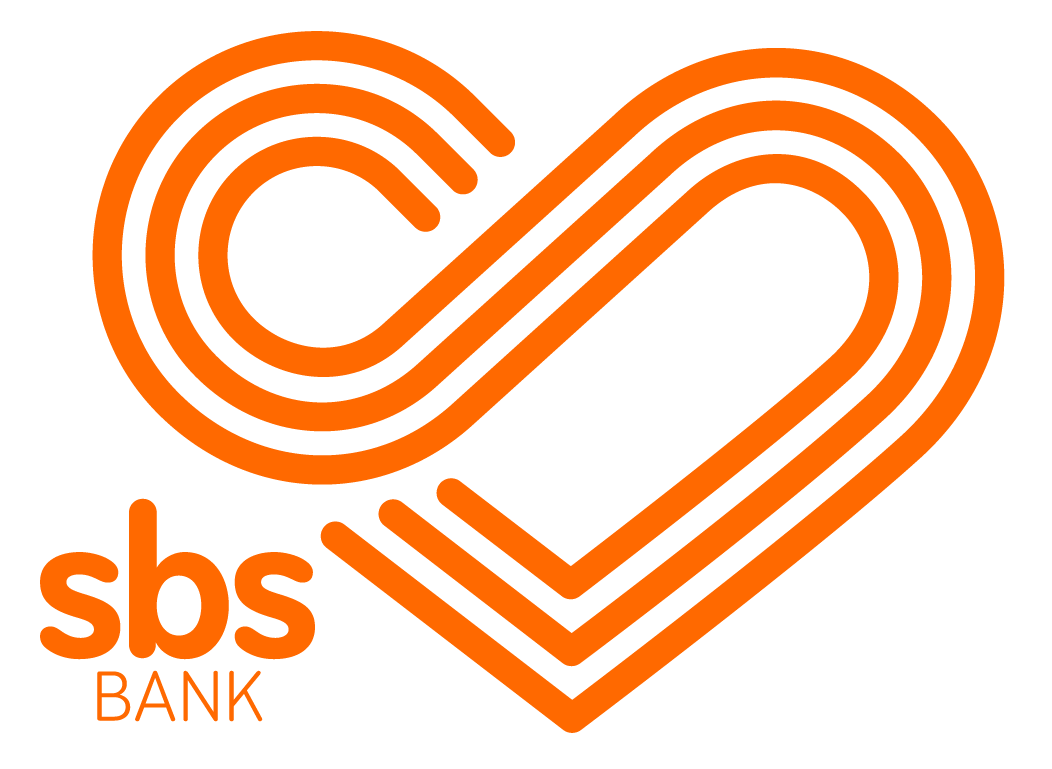


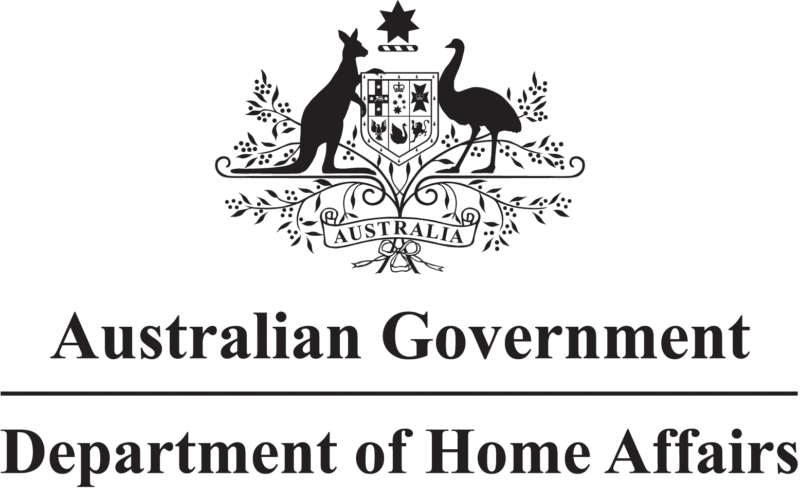
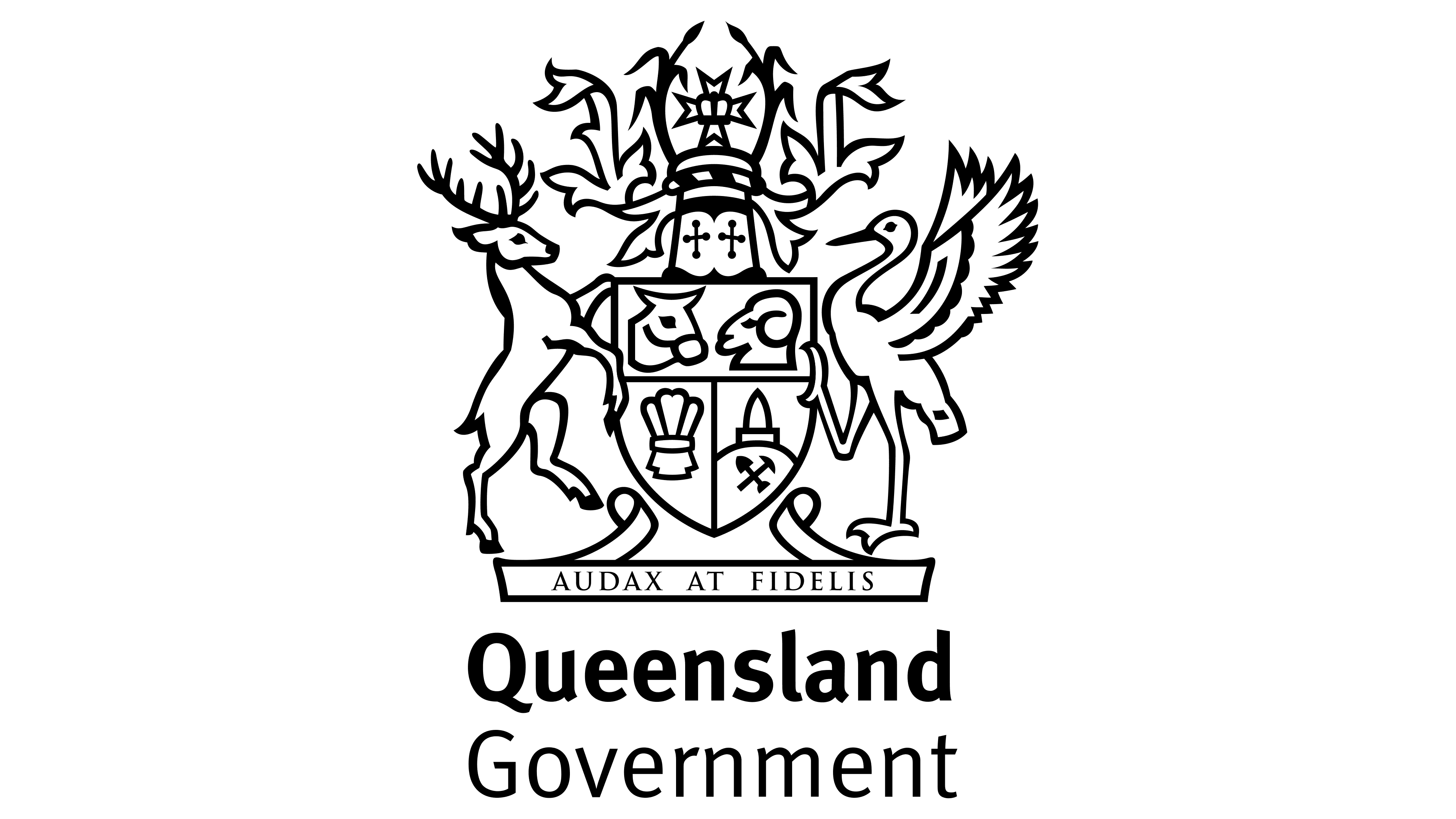




























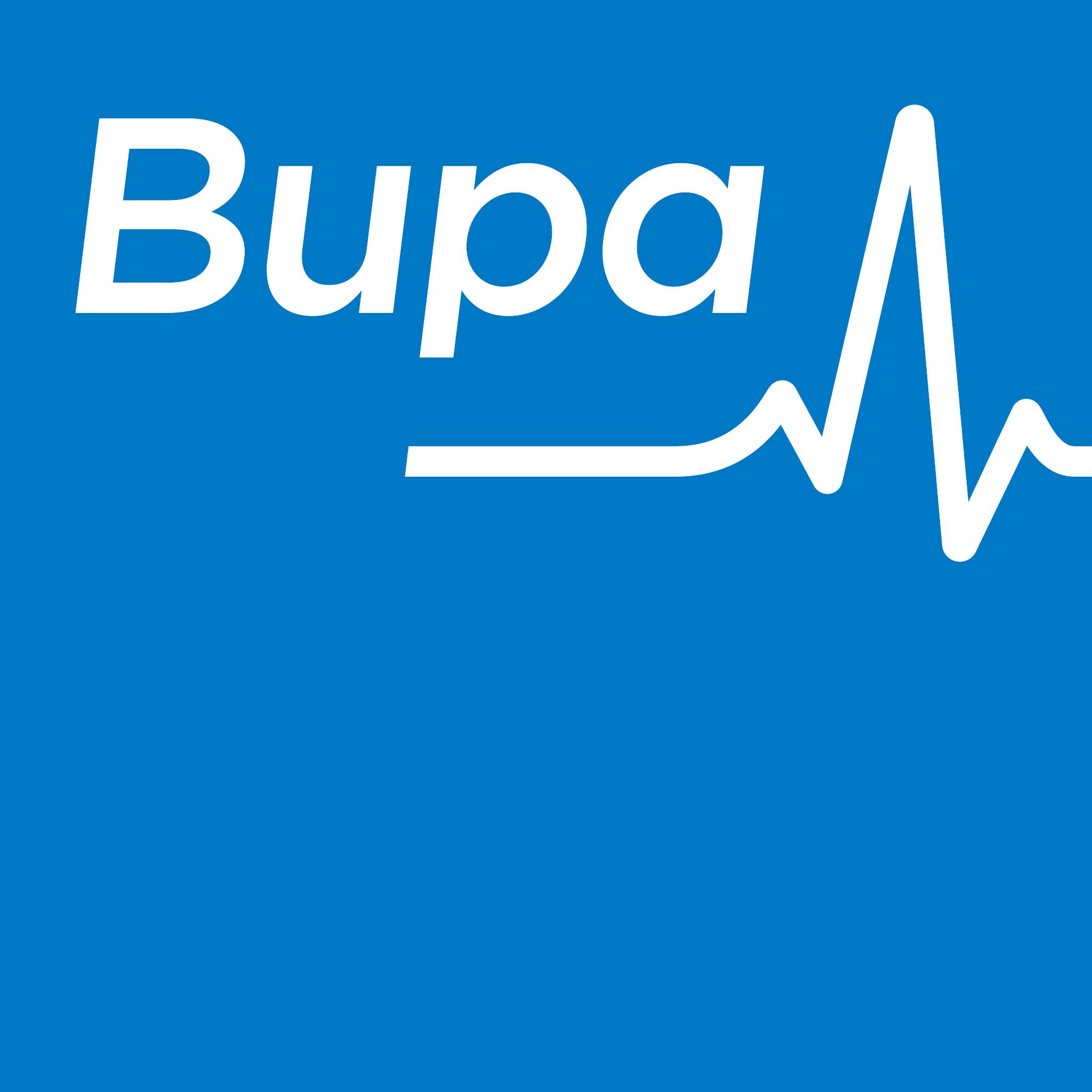
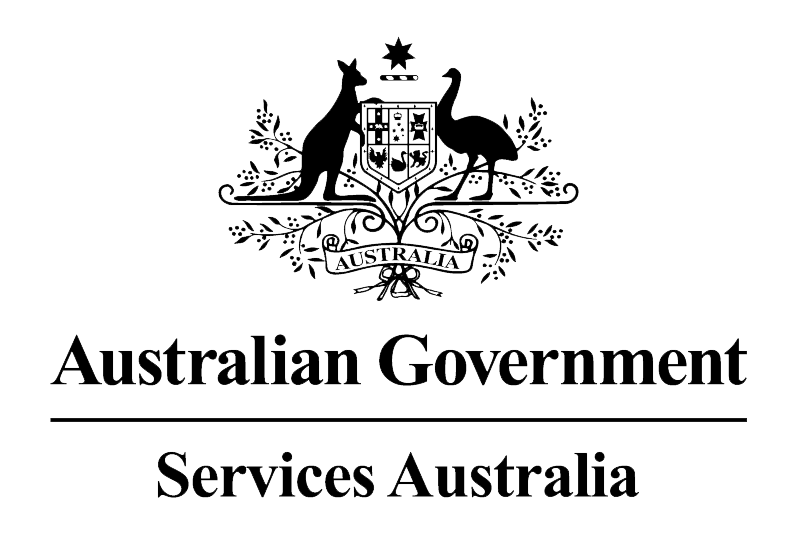




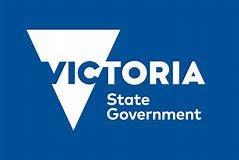
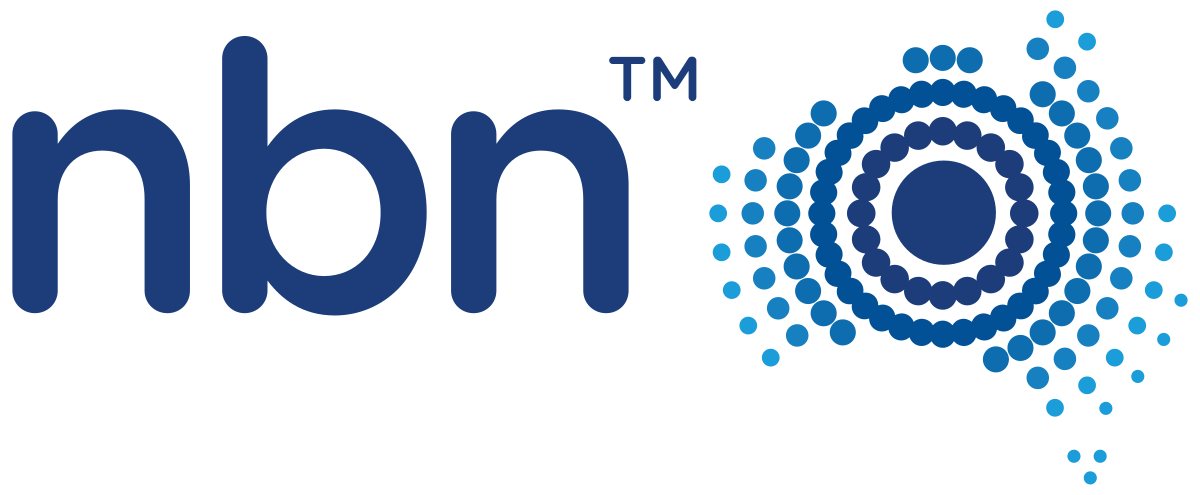
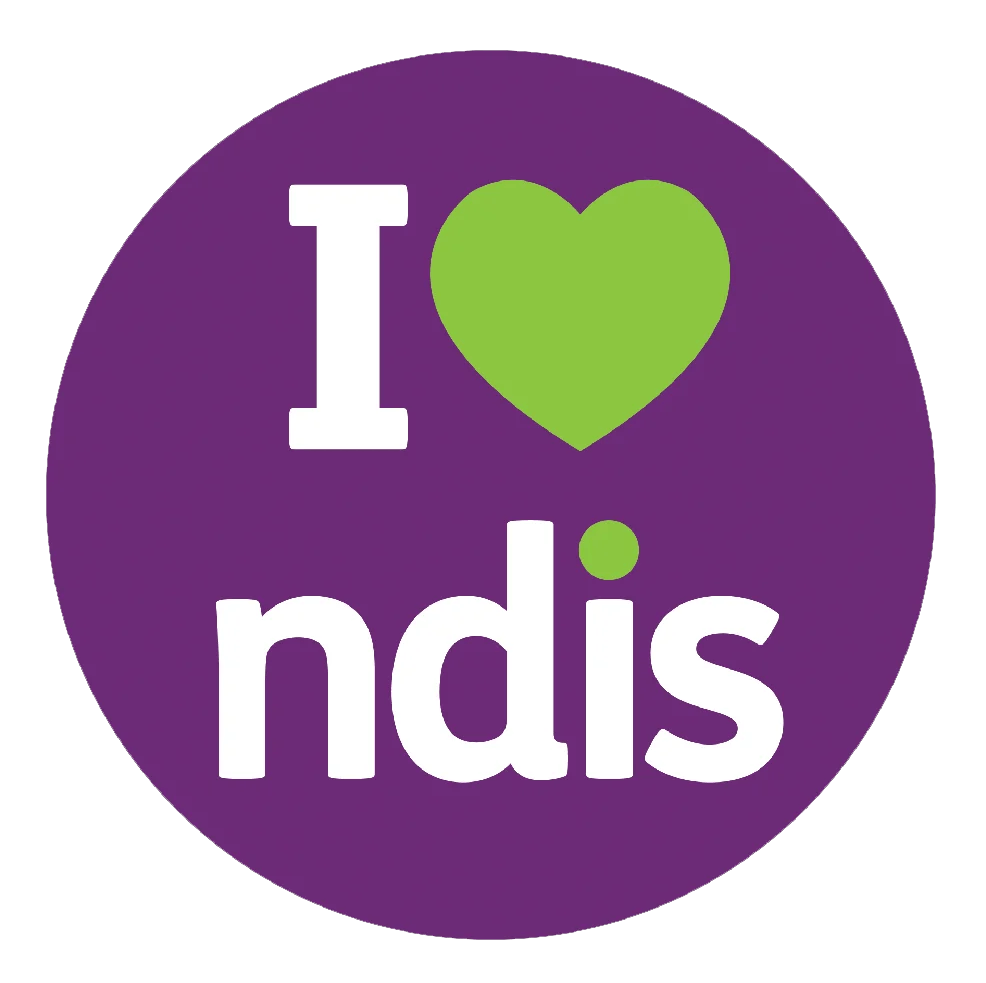


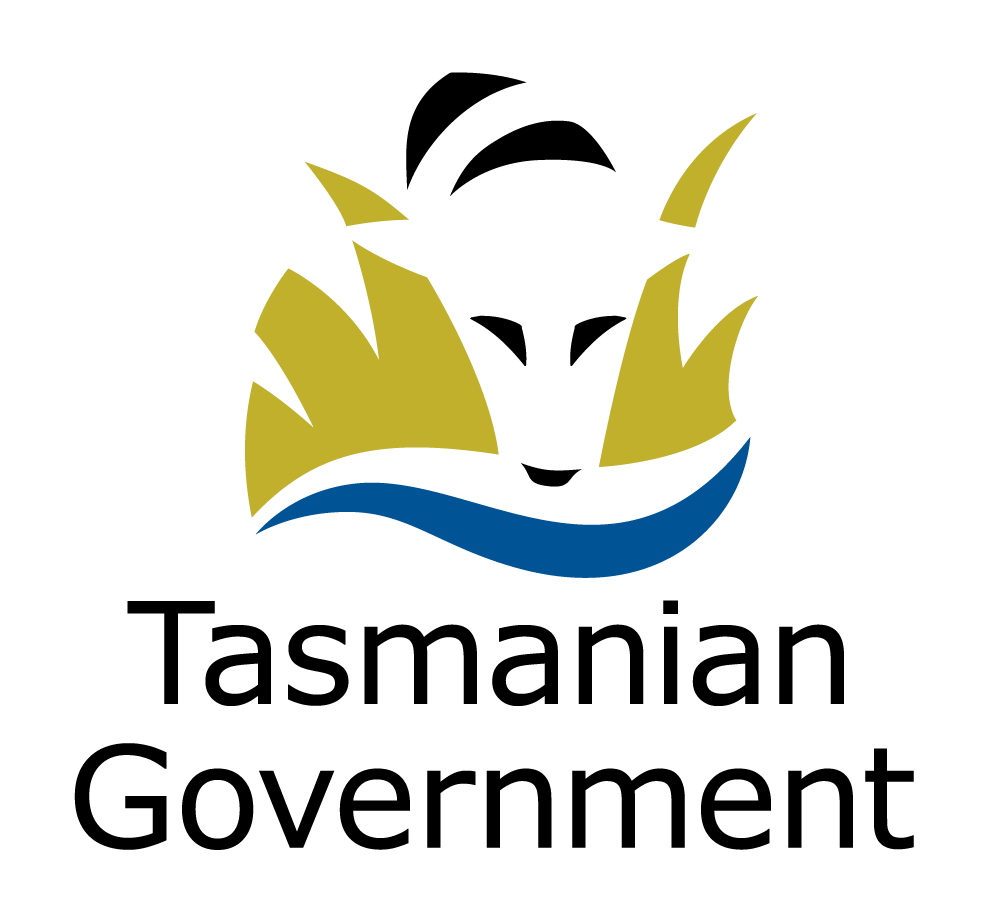
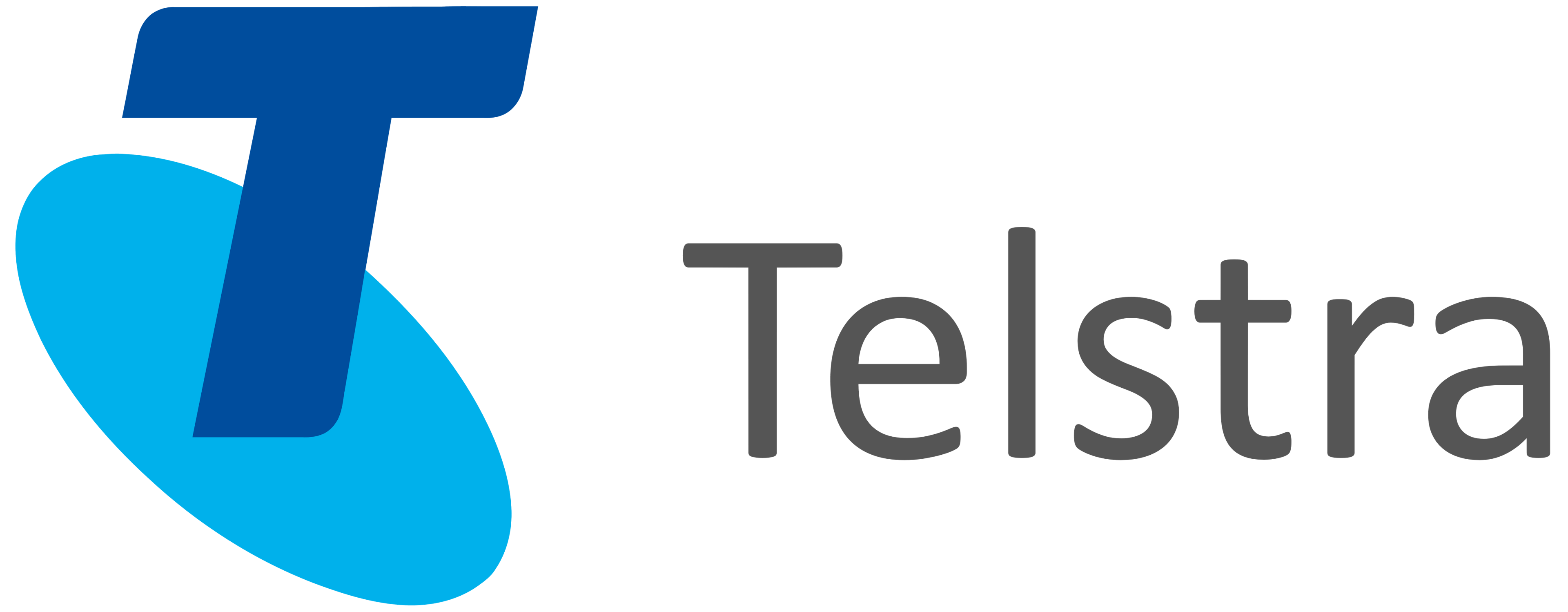
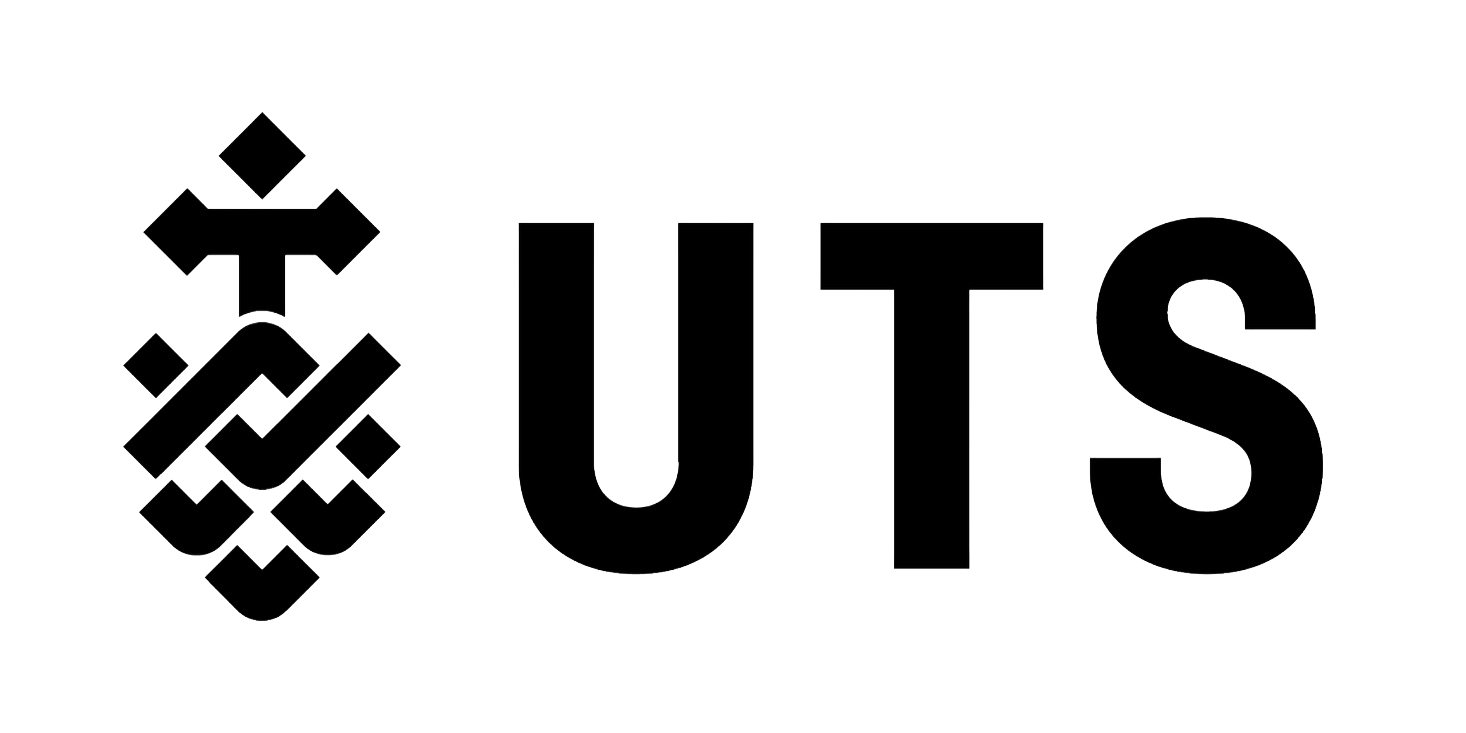
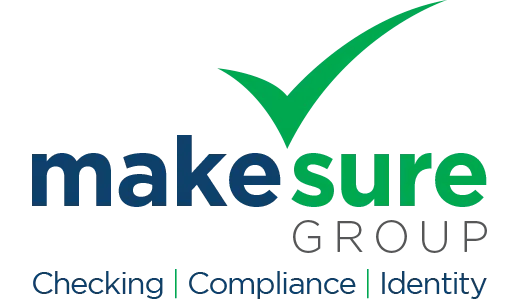




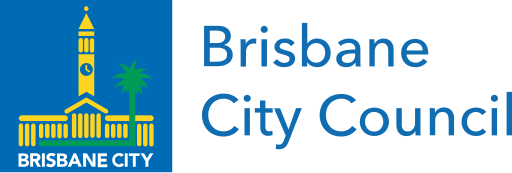
Copyright © 2025, IDCARE. All Rights Reserved.
ABN 84 164 038 966








